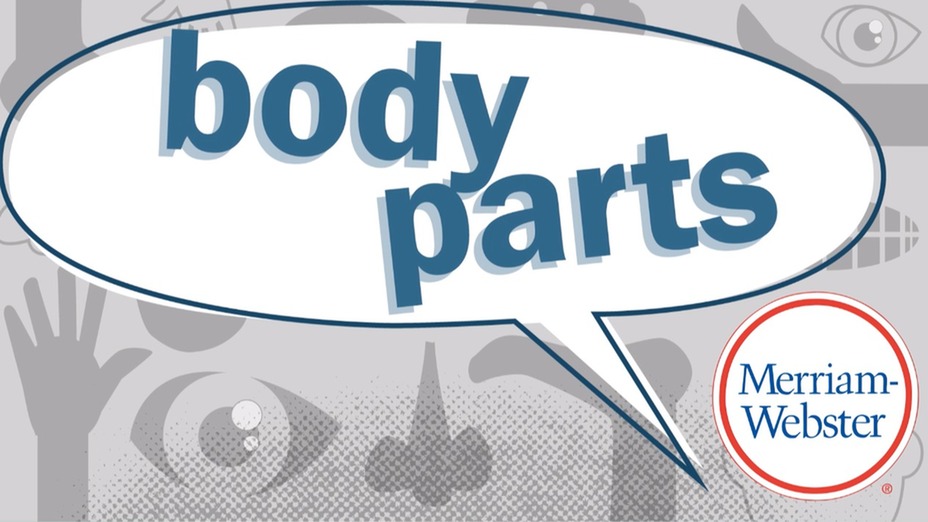plural verbs
: a word (such as jump, happen, or exist) that functions as the main word of the predicate of a sentence and expresses an act, occurrence, or state of being or that is used with another verb as an auxiliary see also linking verb, phrasal verb, pro-verb
Note: In various languages, verbs take different forms (or inflections) to convey different kinds of grammatical information (such as tense, voice, mood, and aspect) and to agree grammatically (as in number and person) with the subject of a sentence.
verbed; verbing
: to use (a word and especially a noun) as a verb : to make (a word) into a verb
A television announcer in Vero Beach, Fla., spoke of a promise "to upkeep the beach," thus verbing a word that had been in use as an honest noun since 1884.— James Kilpatrick
James Kilpatrick
 James Kilpatrick
James KilpatrickBut it is by no means unusual for a noun to be verbed.— Theodore M. Bernstein
Theodore M. Bernstein
 Theodore M. Bernstein
Theodore M. BernsteinLove words? Need even more definitions?
Merriam-Webster unabridged











Share